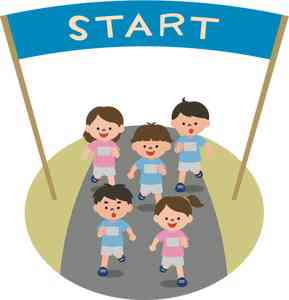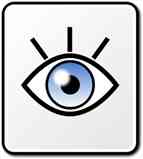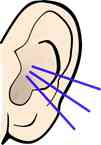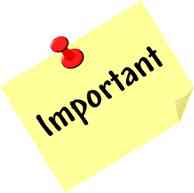How to Put #Children on the road to #Reading | Reading Readiness
How to Put Children on the road to Reading
Reading Readiness
Introduction
Learning to read is key for educational success. However, being able to read is also associated with many outcomes across the lifespan. Quoting from a research review, ‘The-relationship-between-reading-age-education-and-life-outcomes’ conducted by E. Mulcahy; E. Barnades and S. Baars, for the Centre for Education and Youth …’on balance the existing literature suggests that reading is a crucially important component of achieving success in education and throughout life…’ It is clear that being a successful reader is important both in school and beyond. This post highlights, how to help your child to start their journey into reading. Starting this journey from the earliest age will mean that they too can enjoy all of the benefits that learning to read brings. Reading readiness is key to this journey.
READING READINESS
THE KEY TO GIVING CHILDREN A HEAD START IN #LEARNING TO #READ

What is Reading Readiness and Why Does It Matter?
Reading readiness is generally seen as the time at which a child is ready to start formal reading. However, and as is sometimes the case, if we assume that it is not until a child starts school that they are ready to start reading, we will have missed many opportunities to get the child ready for reading. Therefore, the terminology can be misleading. It is therefore important to consider reading readiness alongside emergent literacy.
Emergent literacy is essentially the first step in or towards reading readiness. The child that is in or that has passed the emergent literacy stage is getting ready or is ready for reading. It is simply the stage when a child is developing an interest in sounds, letters, words and books.
Reading readiness, is then seen as the stage at which the non-reader moves towards becoming a fluent reader giving them full access to the school curriculum and what it offers. So emergent literacy which is a term often used interchangeably with reading readiness, matters, it cannot be disentangled from reading readiness.
Despite possible ambiguities with the terminology, reading readiness matters for both parents and early year’s providers and also educational practitioners. Reading readiness, the basis for early language development, plays an important part in early childhood development. It encompasses each of the developmental domains of communication, social and emotional, cognitive and physical. As emergent literacy is the starting point for reading readiness, we will now look at how you can support your child with this.
How to Support
Your Child’s Emergent Literacy/Reading Readiness
From birth to five years old and beyond try to do the following activities every day or at least 3 times a week. Fit the activities around normal routines. Match the activities to your child’s growing needs. Some children will need more time playing with sounds others will quickly move on to recognising words. Go at your child’s pace.


play rhymes/say rhymes/sing rhymes/add actions to rhymes
share simple picture books (talk about/point/share/add actions and sounds…)
- Make it two-way, model and share, give time for children to share/model back (see the blog posts on Baby Talk and Dialogic Reading for tips)
- Use eyes, ears, touch… (#senses) – make it fun and active – use props – use puppets





- Repeat favourites but add in new rhymes/stories and words too, to extend your child’s vocabulary range
- Follow on from what they say and do – share rhymes, picture books and chats regularly (again see the Baby Talk and Dialogic Reading blog posts for tips)
- Use a hear it, say it, read it, move it approach - no rush, use the word sets when a child is ready to play simple word search games
- Link to children’s every day experiences, indoors and outdoors (see video examples on the website)
T I P S A N D R E M I N D E R S

Develop your child’s emergent literacy/reading readiness
By:
Responding to your child’s early baby talk
Sharing rhymes/picture books with your child from birth
Sharing actions for rhymes with your child and using props
Linking to senses and every day experiences
ASK THE AUTHOR – PRESS THE CONTACT BUTTON
If you have any questions about this blog or Wizzy’s Words and how to use it
Head to www.wizzyswords.co.uk